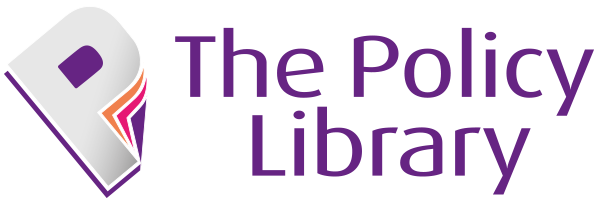The Care Quality Commission (CQC) is England’s independent regulator of health and social care. The CQC policies and procedures ensure high-quality care standards are met throughout the industry. They do this by giving ratings to care settings of either outstanding, good, requires improvement, or inadequate.
To safeguard care homes, they have established five Key Lines of Enquiry that are meant to be answered during CQC inspections.
To ensure your care home policies align with the CQC, The Policy Library has put together a series breaking down the five Key Lines of Enquiry (KLOE).
The first blog in the series will focus on: Are they safe?
Safeguarding individuals from abuse
When the CQC asks about safety, the first thought is protecting individuals from elder abuse and negligence according to care home policy such as the Health and Social Care Act 2008 (Regulated Activities) Regulations 2014: Regulation 13.
While abuse is a heavy discussion, it is vital to safeguard your care home from abuse and negligence through effective care home policies.
Abuse can come in the form of physical, sexual, mental or psychological, financial, and discrimination.
Not all safety concerns will come from abuse. Instead, the negligence of individuals or the care settings can lead to harm, which is why it will be essential to provide practical training on safeguarding in care homes.
Ensure your staff report and document any concerns they have about individuals and the care setting and implement the appropriate changes promptly.
Individuals, their families, and advocates should know exactly who they can report to and how they can access information if they have any concerns about their safety.
Proper and safe use of medications
Individuals, their families, and advocates must understand why they are taking medications to promote their freedoms and choices about their care.
Proper use of medication also means that your staff is experienced in distributing medicines and that your staff is using the medicine for its intended purposes and giving to individuals at the correct times.
Confirm that your care home system covers medication distribution so that you adhere to CQC policies and procedures.
Protection and control of infection
The Coronavirus has shown just how rapidly infection can spread, especially in care homes.
CQC policies and procedures are in place to prevent the spread of infection, and your staff should thoroughly record and document any outbreak that they are treating.
Your care home policy should also have cleaning schedules recorded thoroughly to ensure individuals and staff are living and working in hygienic care settings.
It will be essential that your policies ensure your staff are taking care of their hygiene to provide quality care to individuals.
Learning and improving from mistakes
Accidents will always happen, but it is crucial to CQC policies and procedures that your care home has effective policies and systems to resolve incidents quickly.
It is also crucial to thoroughly report and document any incidents that arise throughout their shifts.
If you are looking for your care home policies to ensure you are providing high quality, CQC approved care, check out our expansive library here.








